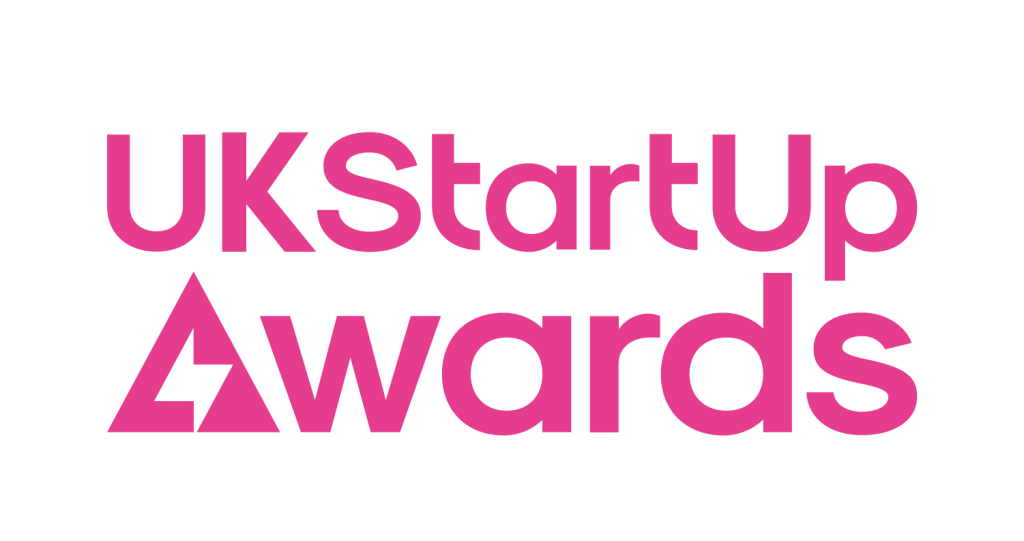One of the biggest challenges facing any potential entrepreneur starting a business is accessing finance. Research from studies such as the Global Entrepreneurship Monitor has shown that in most cases, the main provider of funds to the business tends to be the founder, followed by their family or friends. Thanks to the establishment of tax incentives such as the Enterprise Investment Scheme (EIS), there has also been an increase in funding to start-ups from business angels, namely high net worth individuals who provide direct funding to early-stage new businesses. Finally, and less prevalent, is the provision of formal venture capital, usually to new businesses that are in technology-intensive or knowledge-based industries which have potential for a significant return on investment.
Sources of funding for start-ups
The Ambitious UK Start-Ups Report, sponsored by Starling Bank, draws from data gathered from 1,219 applicants for the 2023 UK StartUp Awards which recognise the best new firms across the UK. This research uncovers several important statistics and trends within the start-up community in the UK in relation to the funding landscape of their businesses.
The study shows that 85% of new businesses relied on the founder’s personal capital as the initial source of funding, which allows entrepreneurs to maintain full control and ownership of their company and avoid debt. By relying on sales rather than external funding for income, bootstrapped businesses will be more customer-focused and have greater freedom to develop without outside interference. However, an over-dependence on the founder’s personal funds can also limit growth due to a lack of long term financial resources, and it is not surprising to find that access to finance is rated as the biggest challenge when it comes to support for new ventures over the next 12 months, especially as financial institutions consider start-ups as high risk ventures with a lack of any proven track record or market presence. In fact, only 13% of founders had taken out a bank loan to fund their business which reflects other recent research on the proportion of SMEs utilising debt funding in the UK.
Another key source of funding was family and friends (20%) although a major study on founders highlighted that while seeking financial support from this source can be a convenient and accessible way to fund a start-up, it often comes with significant trade-offs and potential complications. As a result, founders should carefully consider the implications of taking money from close relationships, as it can strain personal ties, lead to conflicts, and affect the founder’s control over the business.
The influence of business angels is also significant, as nearly one in five (19%) businesses sought their support, highlighting the growing importance of these informal sources of investment. Among these determined and ambitious start-ups, 10% successfully secured equity funding through venture capital firms, showcasing their ability to attract external financing. Prior studies have demonstrated that angel and venture capital is concentrated in regions such as London, the South East of England and the East of England and a similar finding is confirmed in this study with 65% of angel and venture funding is for start-ups based in the more prosperous areas of the UK.
Similarly, two thirds of this type of funding is for start-ups developing new technologies (agritech, AI, fintech, high-value manufacturing, life sciences, medtech, mobile applications or platforms, and new product development) which is not surprising given the focus of many venture capital funds and angel groups on knowledge-based businesses. In contrast, 74% of entrepreneurs who are self-funded are based in non-technology sectors.
These founders look towards the future with plans to secure further investment for their businesses. However, the road ahead is not without its challenges and complexities, as revealed by the current trends in this study. Given the heavy reliance on founders’ funds, 66% of start-ups will be seeking investment into their businesses during the next 12 months with 81% of those that are based within new industries looking for additional funding.
In contrast, only 13% utilised traditional business or bank loans, suggesting that such funding may be limited in availability from UK banks or may simply be less appealing to founders seeking flexible or alternative financing options.
SEIS and EIS investment schemes
More businesses are beginning to take advantage of tax incentives through the UK Government’s Seed Enterprise Investment Scheme (SEIS) and Enterprise Investment Scheme (EIS) to raise finance with recent data from HMRC finding record levels of investment through both schemes. For example, 4,480 companies have raised a total of £2.3 billion of funds under the EIS scheme in 2021-22.
The report shows that 23% of start-ups entering the UK StartUp Awards have chosen to utilise SEIS and EIS, demonstrating their use as a source of vital financial support for new businesses. Of those utilising these incentives, they tend to be start-ups that have older founders (58%), male-only teams (57%) are in more prosperous areas (60%) or operating in new industries (61%). While this may reflect the focus of the scheme itself, there could and should be better education of other groups, including female founders, who have yet to take full advantage of this initiative to seek investment in their new businesses.
In conclusion, the funding landscape for new businesses in the UK reveals a heavy reliance on personal funds by founders. This trend underscores the importance of self-financing in maintaining control and avoiding debt but also highlights potential limitations in growth due to restricted financial resources. The report also sheds light on the significant role played by family, friends, and business angels, each contributing to the diverse funding ecosystem for start-ups. The lower utilisation of bank loans reflects a cautious approach towards debt funding and an inclination towards more flexible financing options. Furthermore, the increasing utilisation of government incentives like SEIS and EIS indicates a growing awareness among entrepreneurs to leverage such schemes for financial support, although there remains a need for broader education and access to these resources across different demographics. As new businesses navigate their entrepreneurial journey, the findings suggest a future where a balanced mix of self-financing, informal investments, and government incentives will continue to shape the entrepreneurial landscape, with a growing demand for alternative financing options to support the diverse and ambitious start-up community in the UK.


























